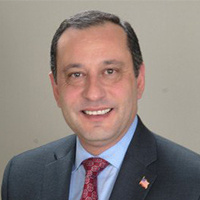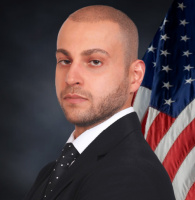Country Club Hills DUI-DWI Lawyer, Illinois
Sponsored Law Firm
-
 x
x

Click For More Info:
-
LaPapa Law Group
10704 S Western Ave Chicago, IL 60643» view mapAccident & Injury Law, Criminal Defense Changing Lives One Case At A Time
At LaPapa Law Group, we understand that life doesn’t always go as planned. We have the knowledge and experience needed to competently represent you in court.
800-694-2681
John S. Fotopoulos
✓ VERIFIEDJohn Fotopoulos of Fotopoulos Law established the firm on two simple firm principals: to have competitive rates allowing everyone to afford the advice... (more)
Christopher Matt Robert Wright
✓ VERIFIEDChristopher has been instrumental in facilitating positive outcomes for criminal and civil cases. With half a decade of industry experience, Christoph... (more)
Khaled Issa
Khaled Issa is a well-versed trial attorney with more than 10 years of legal experience. Knowledgeable in many areas of law, Attorney Issa concentrate... (more)
FREE CONSULTATION
CONTACT Gregory R. LaPapa Chicago, IL
Gregory R. LaPapa Chicago, IL Practice AreasExpertise
Practice AreasExpertise



